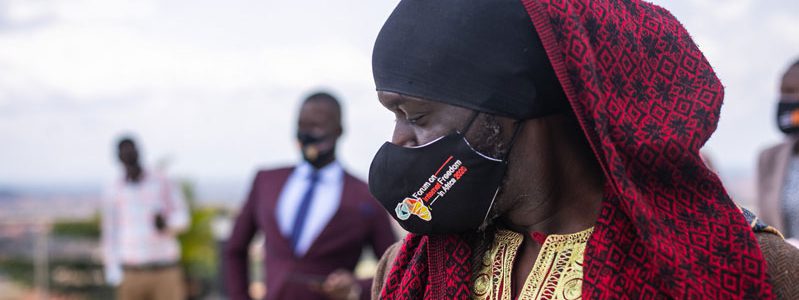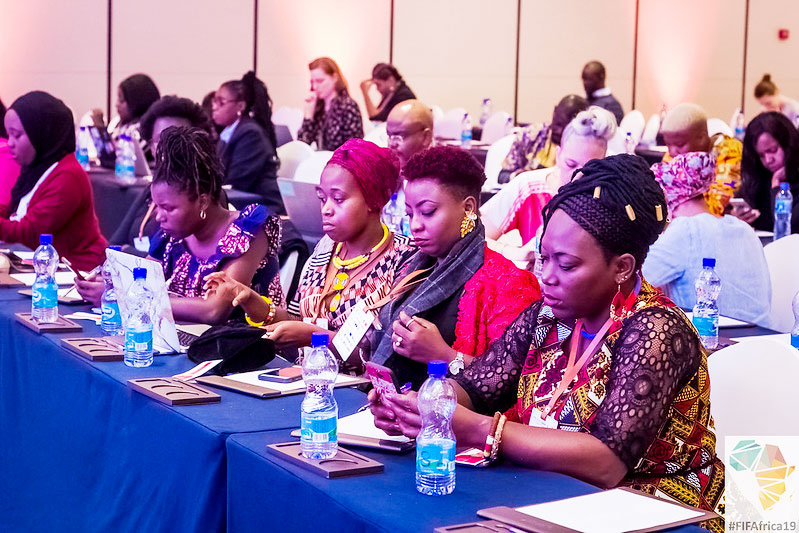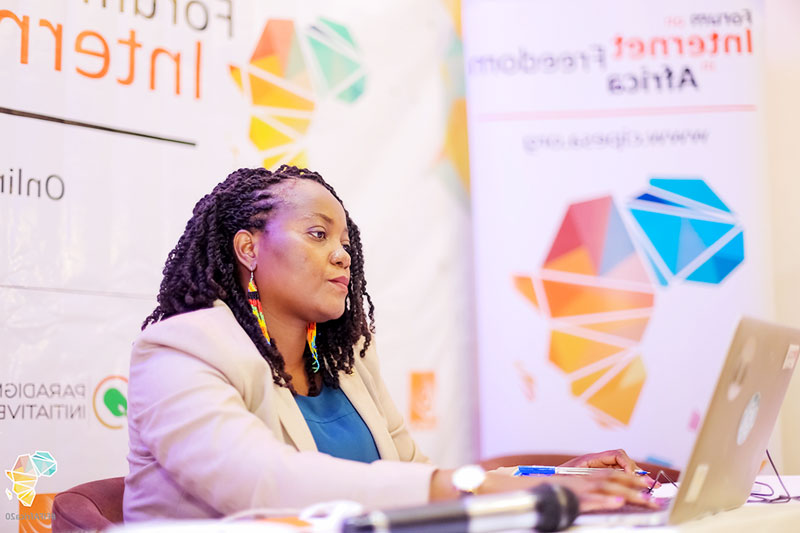
Africa’s internet usage has grown incrementally since 2000. Driven by increased infrastructure, affordable devices, a rise in private sector investments, the popularity of social media, civic-state interactions, the rise in education and economic opportunity, more users have joined the digital highway to reap the opportunities it offers. However, not everyone has been afforded the opportunities with millions remaining unconnected, the gender digital divide remains present, and marginalised populations online (such as refugees and persons with disabilities) remain outside of the digital society in Africa. These challenges and opportunities


